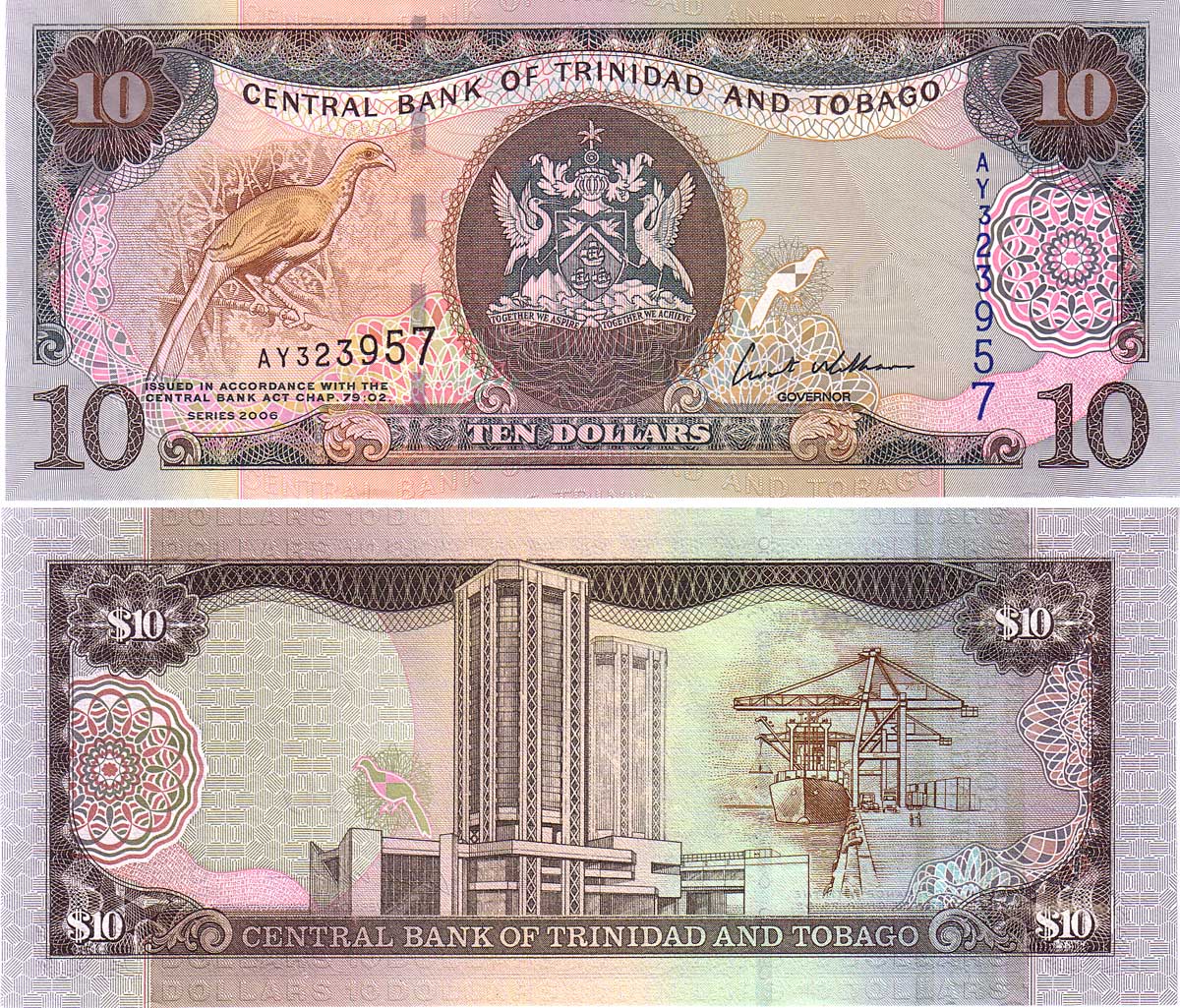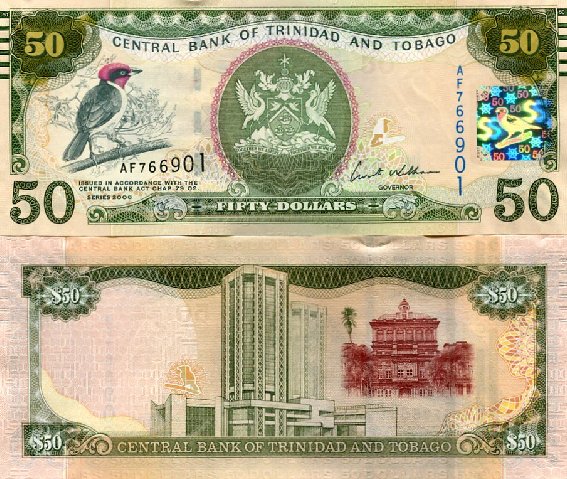Welcome to Trinidad & Tobago! I am staying with the Baptiste family, and they are a middle-class, Afro-Trinidadian, French speaking family. They live in the capital city, Port-of-Spain, and the father of the family, Anthony Baptiste, works on a petroleum drilling vessel 12 hours a day. The Baptiste family traces their roots back to Africa, for their forefathers were originally brought over to the Caribbean and enslaved by the French. Growing-up, Mr. Anthony lived in a historically Afro-Trinidadian shante town outside of Scarborough, Tobago, but he quickly found success in the petroleum industry. That’s enough background information on my host family for now!
Today, Mr. Baptiste took me first to the Trinidad & Tobago national bank that is located in downtown Port-of-Spain. I exchanged my U.S. dollars at the bank for Trinidad dollars (the currency is literally called the “Trinidad dollar”). A Trinidad dollar converts roughly into 16 cents in American currency. Afterwards, Mr. Baptiste and I walked through the downtown area, and he showed me how truely diverse Trinidad & Tobago really is. He told me that Trinidad & Tobago’s population consists of African, Indian, Spanish, French, and Chinese communities. The nation’s diversity was also displayed in the many languages that I heard including English, Spanish, French, Hindi, and Chinese. My relaxful first day in this tropical national ended with tour of Mr. Baptiste’s petroleum drilling vessel. He told me about the process of petroleum drilling which involves the careful extraction of the crude oil from rock beds in resevoirs right of the coast of Trinidad. He also showed me a major mineral desposit that he occasionally works at which was rich in coal, gypsum, and iron ore. Mr. Baptiste’s work in the petroleum drilling and the mineral extraction industries are just two examples of the influence that fossil fuels and mineral ore have on the economy of Trinidad & Tobago. What a fascinating first day!
 |
| The Trinidad Dollar |
 |
A Typical Petroleum Drilling Vessel
|











No comments:
Post a Comment